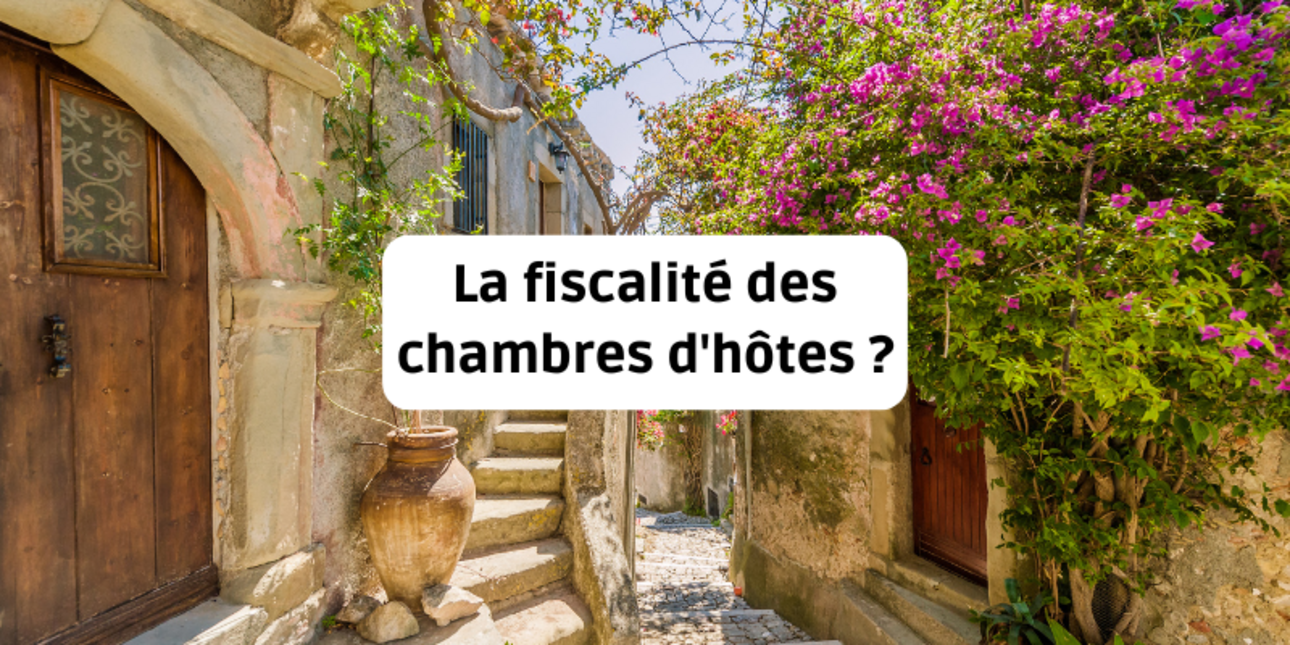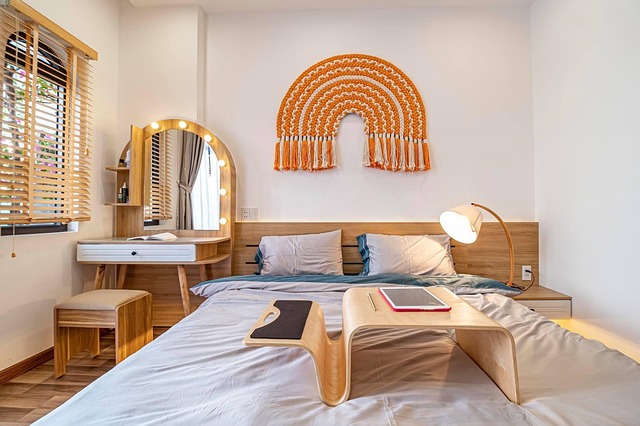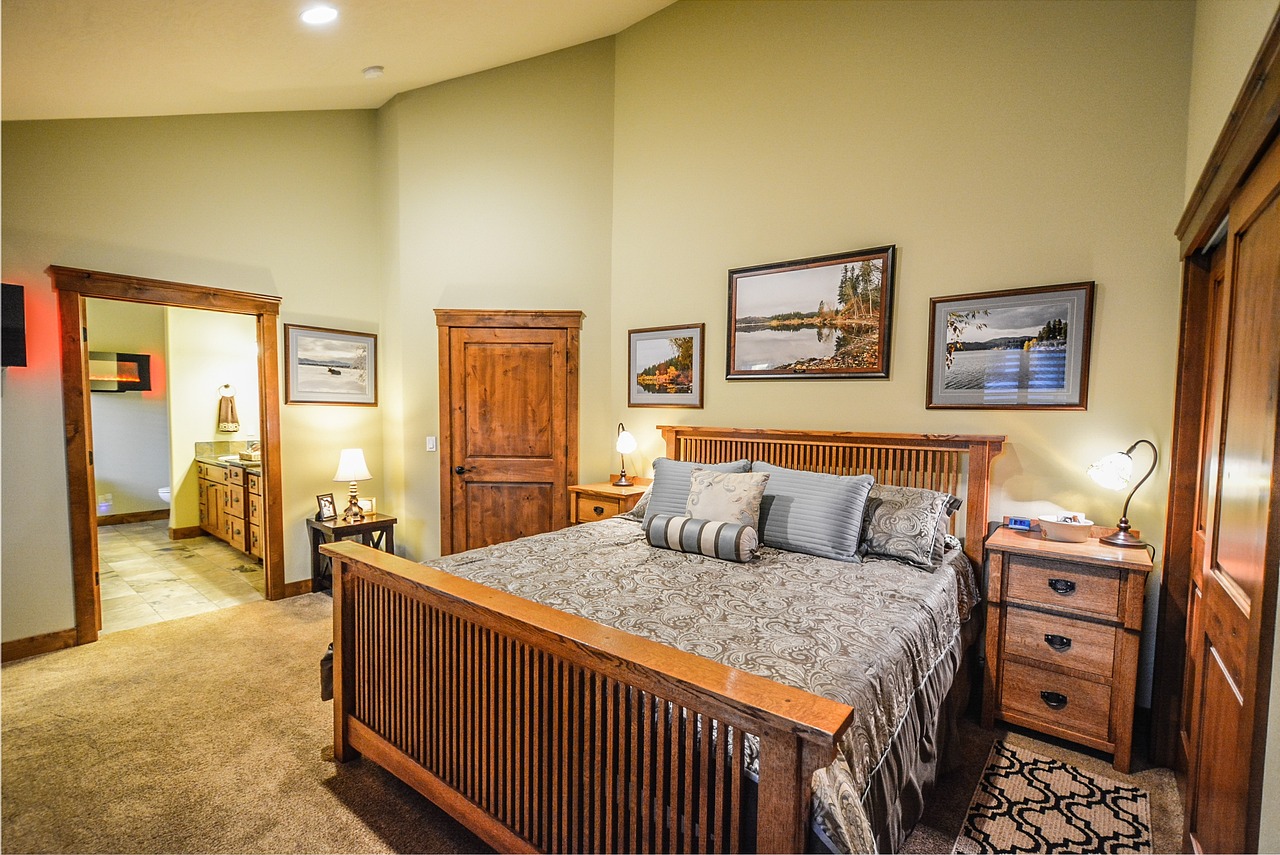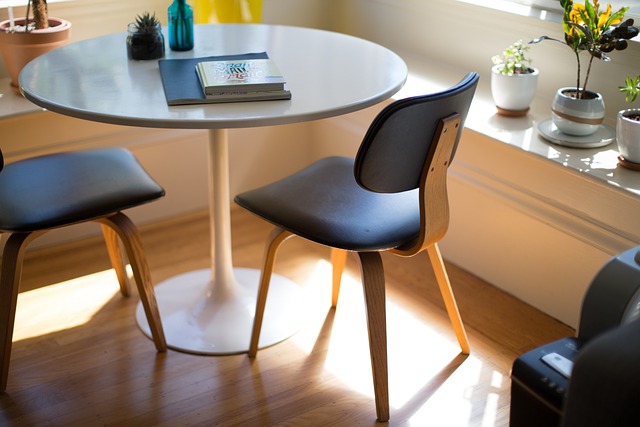
Whether you own a bed and breakfast, it is essential to understand the tax rules that apply to this tourist activity. Renting out bed and breakfast accommodation is subject to specific regulations and a legal framework that may seem complex at first. This article guides you through the various aspects of the B&B tax code, so that you can run your business with complete peace of mind.
Before discussing taxation, it is important to clearly define what a bed and breakfast and the legal obligations that apply.
A bed and breakfast is a furnished room in the home of a local resident, offered for rent on a nightly basis and with a range of services. It differs from other types of tourist accommodation in a number of ways:

To run a bed and breakfast business, you must comply with certain legal requirements:
Bed and breakfast businesses are taxed as industrial and commercial profits (BIC). However, depending on your situation, different regimes may apply.
If your annual turnover does not exceed €176,200 for classified bed and breakfast and furnished tourist accommodation, you can benefit from the micro-BIC scheme. There are several advantages to this system:
However, this scheme does not allow you to deduct actual expenses, which can be disadvantageous if your costs are high.
If your sales exceed the micro-BIC threshold, or if you so wish, you can opt for the "régime du réel". This involves :
This system may be more advantageous if your expenses are high, but it requires more rigorous management.
In addition to income tax, you may be liable for other taxes when you run a bed and breakfast business.
In principle, the letting of bed and breakfast accommodation is exempt from VAT. However, if you offer hotel-related services (breakfast, daily cleaning, supply of household linen), you may be liable for VAT if your turnover exceeds a certain threshold.
As a bed and breakfast operator, you are responsible for collecting tourist tax from your customers and paying it to the local authority. The amount of this tax varies from one commune to another.
Operating a seasonal bed and breakfast may have an impact on your local taxes:
Property tax: as the owner, you are still liable for property tax.
Council tax: this applies to the part of the property used for B&B purposes
Cotisation foncière des entreprises (CFE): you may be liable for this, unless your local council has decided to exempt you from paying it
If you run your bed and breakfast business on a regular basis, you will have to join the social security scheme for the self-employed (RSI) and pay social security contributions. The cost of these contributions depends on your income.
To optimise your tax situation, here are a few tips to follow:

Here are the key points to remember about the taxation of bed and breakfast establishments:
The taxation of bed and breakfast establishments may seem complex, but a good understanding of the rules in force will enable you to manage your business in the best possible way. Don't hesitate to seek professional advice to ensure that you meet all your tax obligations while optimising your situation. With rigorous management and controlled taxation, your bed and breakfast business will flourish, allowing you to welcome your guests in the best possible conditions.
1. How profitable is a bed and breakfast?
2. Formalities for opening guest rooms
3. How do you set up a guest house?
4. What budget do you need to open a bed and breakfast?
5. What status should guest rooms have?
6. What licence is required for a chambre d'hôte?
7. What services are available for chambres d'hôtes?
8. How do I choose a bed and breakfast platform?
9. Bed and breakfast labels
10. Operating guest rooms as a company
11. Furnishing and decorating a guest room
12. Classification of guest rooms
13. What is the ideal number of rooms for a bed and breakfast business?
14. Is it profitable to offer table d'hôte as well as chambres d'hôtes?
15. How do you communicate effectively for a bed and breakfast?